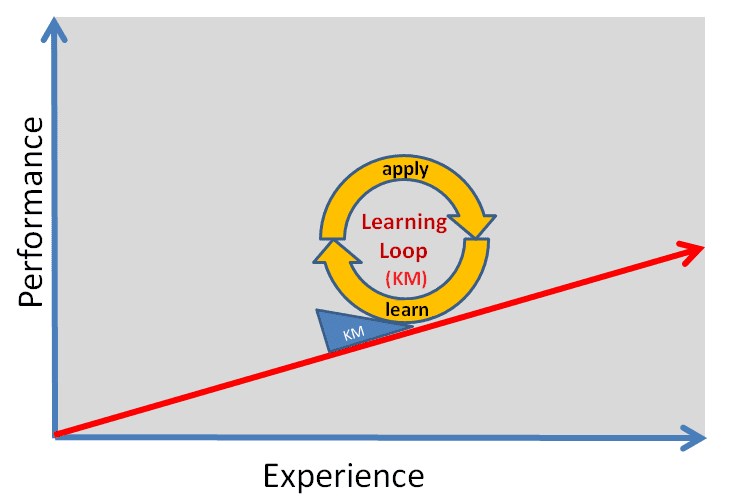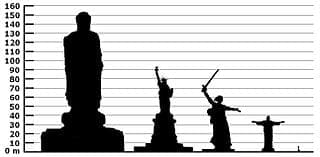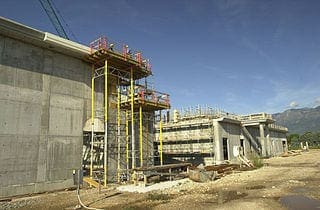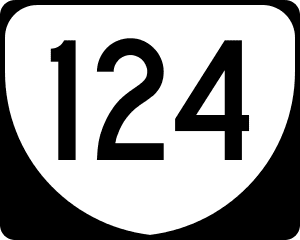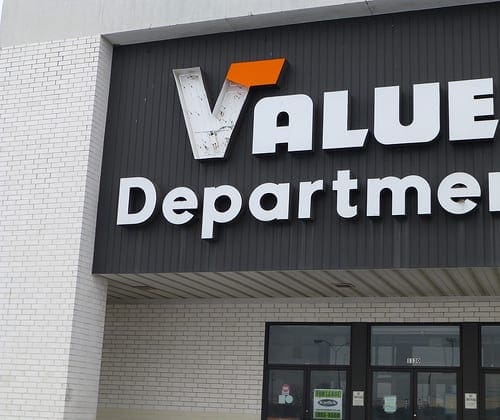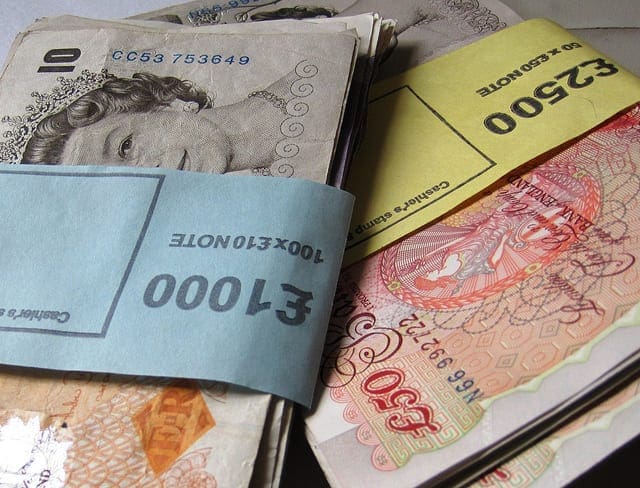
Favorite In any project, the most expensive item is the mistakes. Use KM, modularisation and standardisation to keep mistakes to the minimum. Arches, a photo by Paul Ebbo on Flickr. The title of this blog post comes from a quote by the author Ken Follet in his book “The Pillars
Read More
 Shared by Nick Milton April 23, 2019
Shared by Nick Milton April 23, 2019

Favorite Knowledge Management is the discipline that drives continuous improvement. Here is a diagram that makes this clear We are all familiar with the link between Knowledge and continuous improvement in our personal lives, as demonstrated by the familiar saying “Practice Makes Perfect”. The more we do something, the better
Read More
 Shared by Nick Milton March 29, 2019
Shared by Nick Milton March 29, 2019

Favorite KM can add purpose to internal benchmarking, by using it to drive knowledge sharing Image from wikimedia commons Many commercial organisations track internal KPIs. They publish league tables of the different departments, and differentiate the high performers, and the poor performers. But Why? What’s the point? Surely not just
Read More
 Shared by Nick Milton February 1, 2019
Shared by Nick Milton February 1, 2019

Favorite Struggling to get traction with senior managers for your Knowledge Management initiative? That’s partly because they don’t know how much the organisation’s knowledge is worth. Show me the money, by Alan / Falcon on Flickr Ten years ago, my first ever post on this blog suggested that knowledge management is
Read More
 Shared by Nick Milton January 29, 2019
Shared by Nick Milton January 29, 2019

Favorite If you want to keep your job as a knowledge manager, then ensure you are directly supporting the front line staff. Being a Knowledge Manager is a precarious place to be, until KM is fully embedded. Any major organisation change such as a merger or a change in CEO
Read More
 Shared by Nick Milton January 22, 2019
Shared by Nick Milton January 22, 2019

Favorite How much of your project spend should be on KM? image from wikimedia commons That’s an interesting question, and one way to answer it is to look at the value of the knowledge in proportion to the value of the project itself (please note this argument only really works
Read More
 Shared by Nick Milton January 14, 2019
Shared by Nick Milton January 14, 2019

Favorite Another example of quantified value delivered from KM – number 124 in a continuing series image from wikimedia commons This story comes from the same article from HBR I referenced yesterday, entitled “What managers need to know about social tools“. It shows some of the value in seeking and
Read More
 Shared by Nick Milton November 21, 2018
Shared by Nick Milton November 21, 2018

Favorite KM will be adopted if people can see local value – value to them – in using it How can we help people see that Knowledge Management is a “good thing”? People need to see not only that Knowledge Management delivers value to the organisation, but also that it
Read More
 Shared by Nick Milton November 15, 2018
Shared by Nick Milton November 15, 2018

Favorite When estimating the potential value of Knowledge Management, perhaps we can start by looking at the cost of not knowing. It’s not always easy to put a value on knowledge, or on knowledge management. However it is easier to put a cost to the lack of knowledge, through asking
Read More
 Shared by Nick Milton October 2, 2018
Shared by Nick Milton October 2, 2018

Favorite Large businesses can lose $47 million each year due to poor KM, claims a recent report English Currency by Images Money on Flickr That is the claim of the Panopto Workplace Knowledge and Productivity Report, a recent report based on a survey of 1000 US workers Here are some
Read More
 Shared by Nick Milton July 23, 2018
Shared by Nick Milton July 23, 2018
![]() Shared by Nick Milton April 23, 2019
Shared by Nick Milton April 23, 2019

